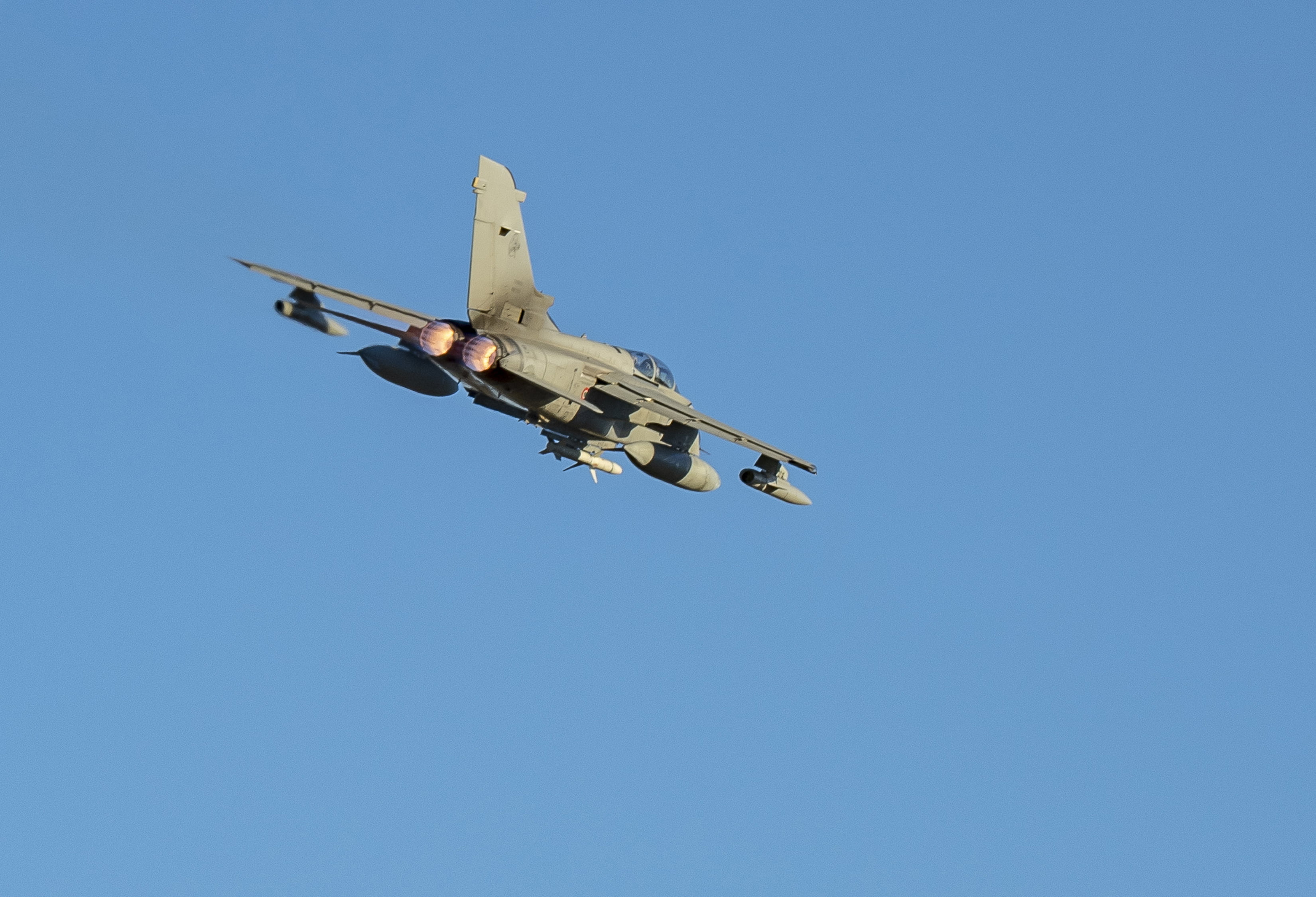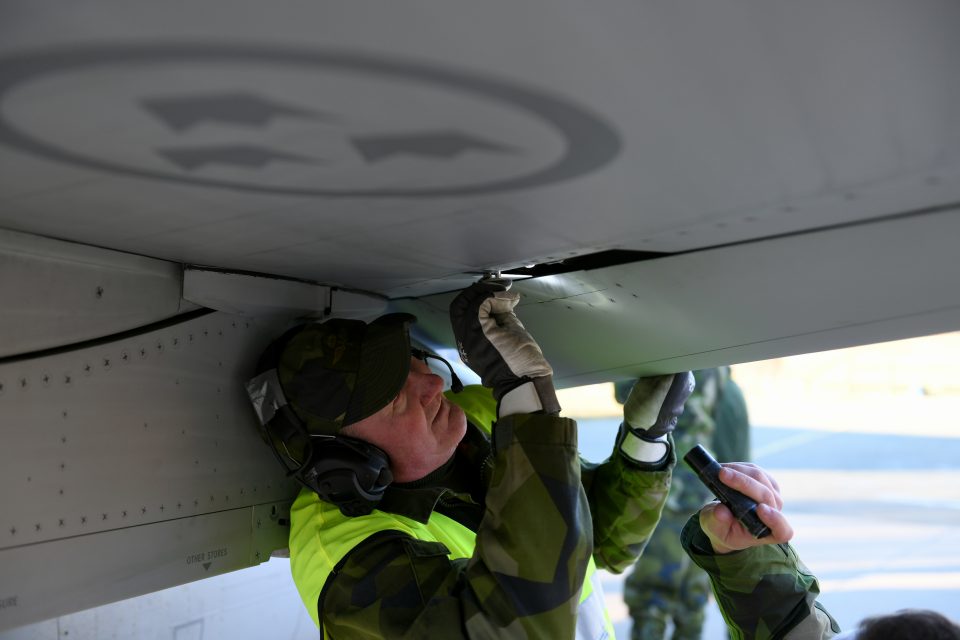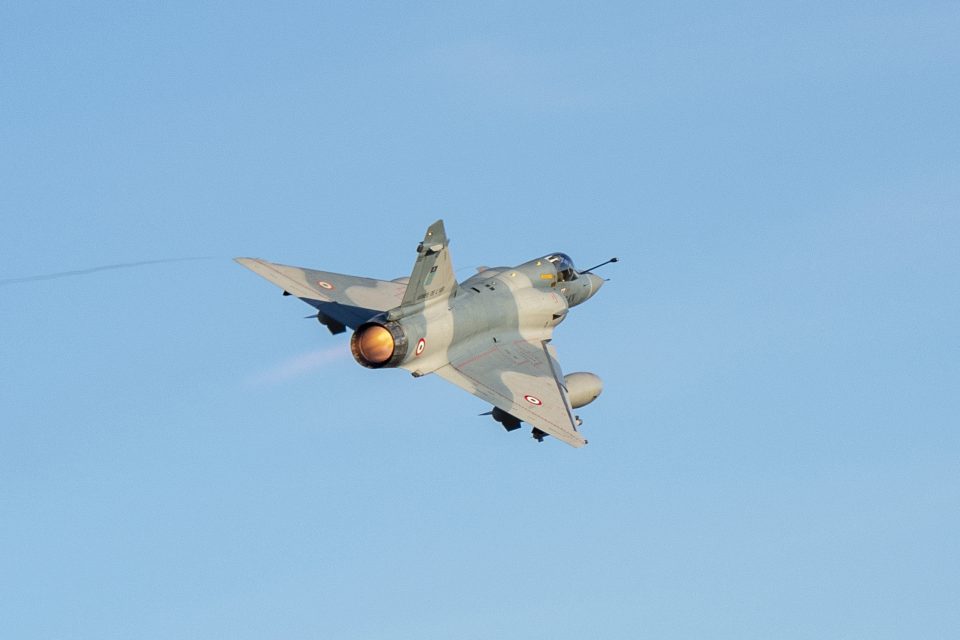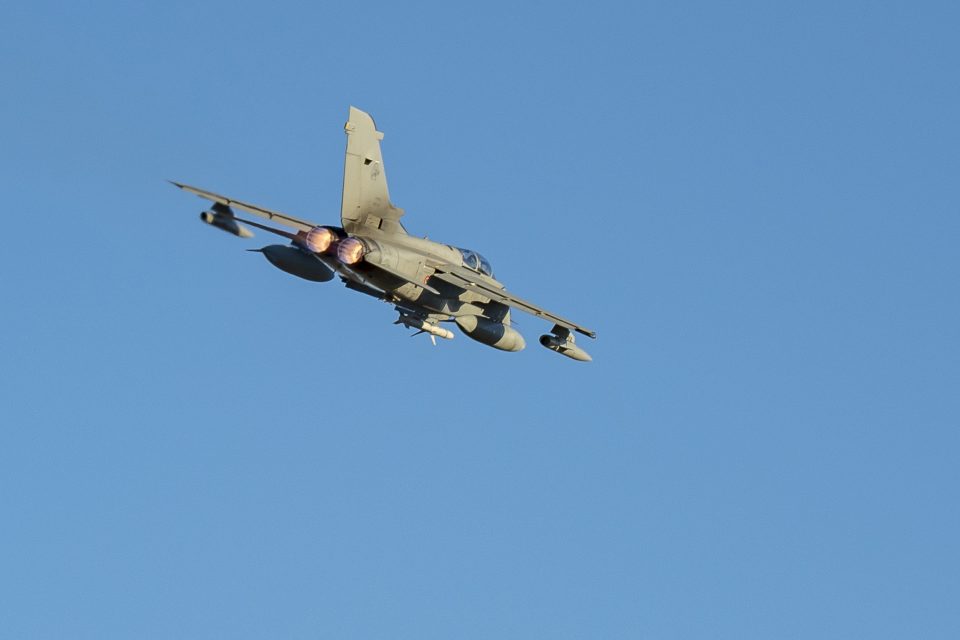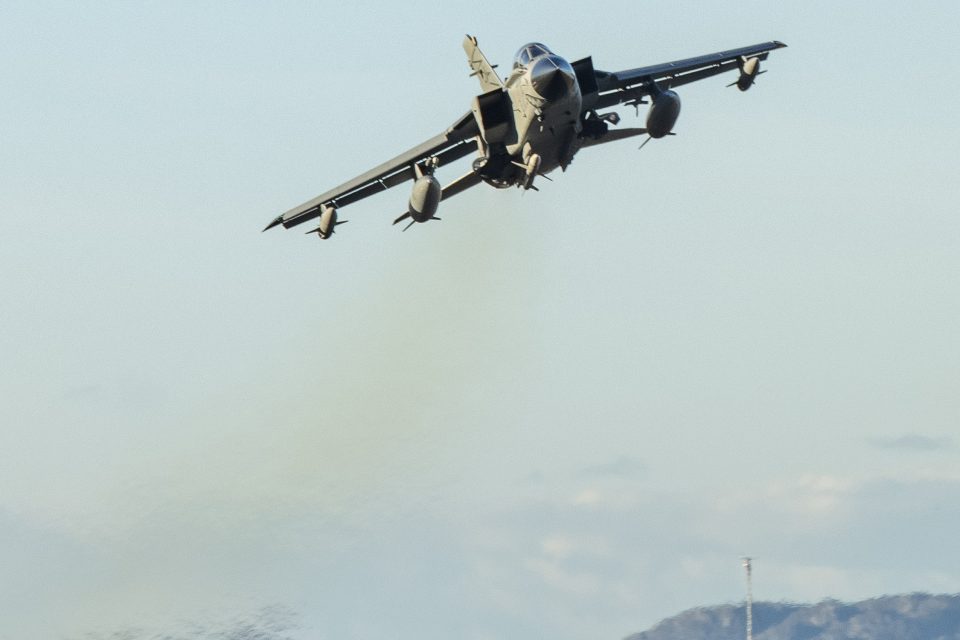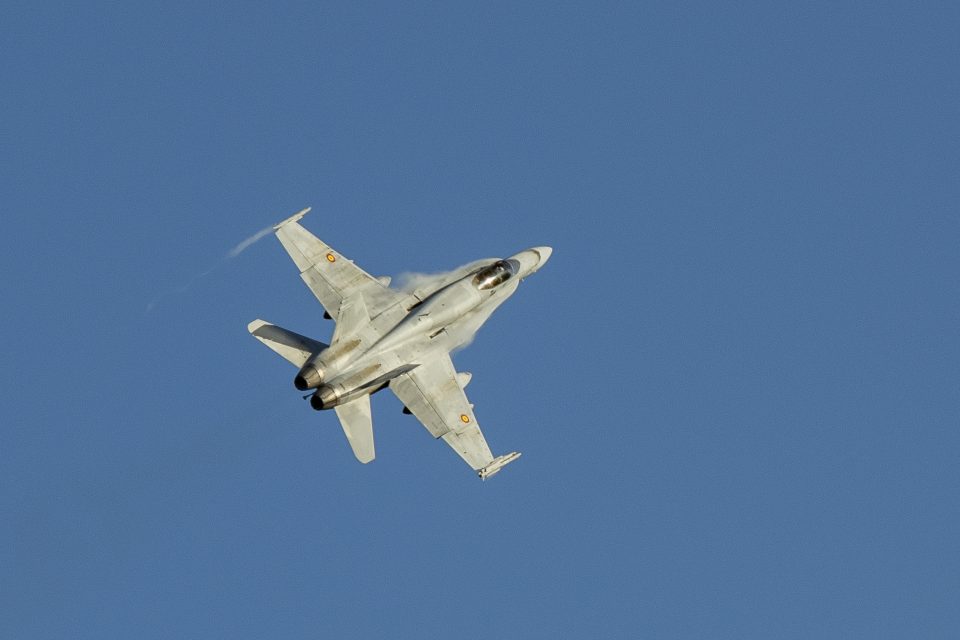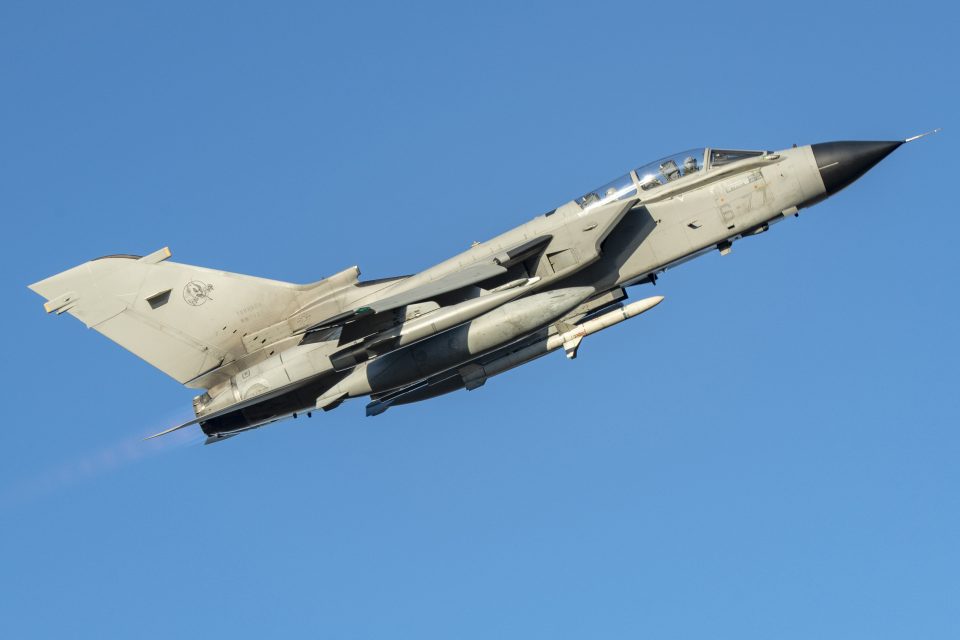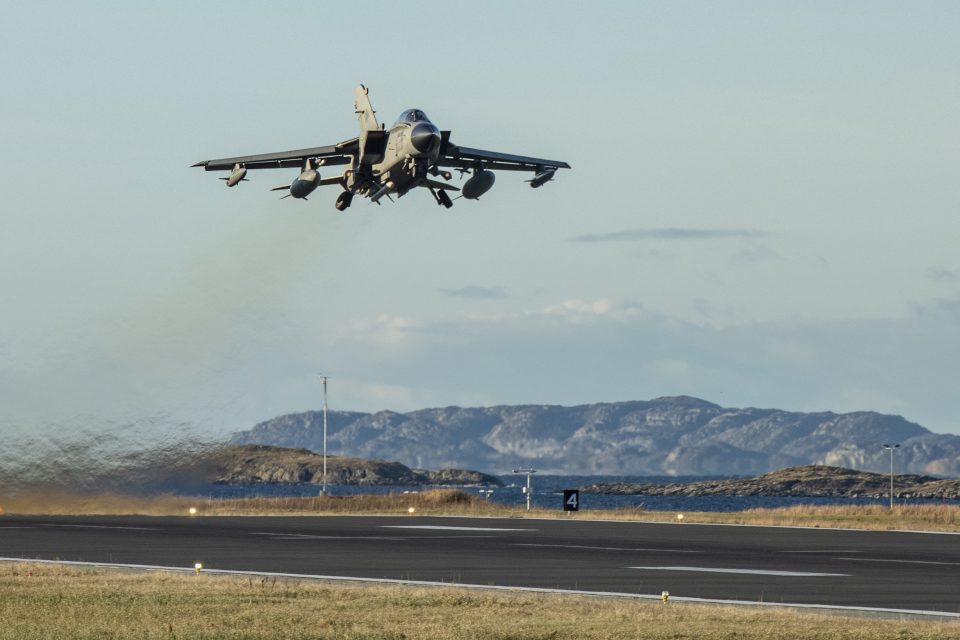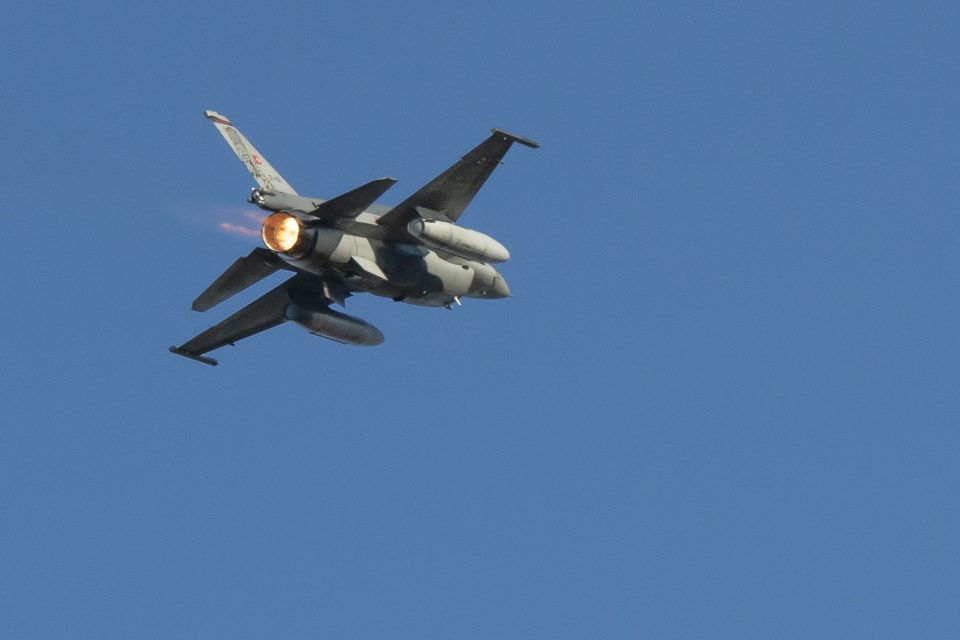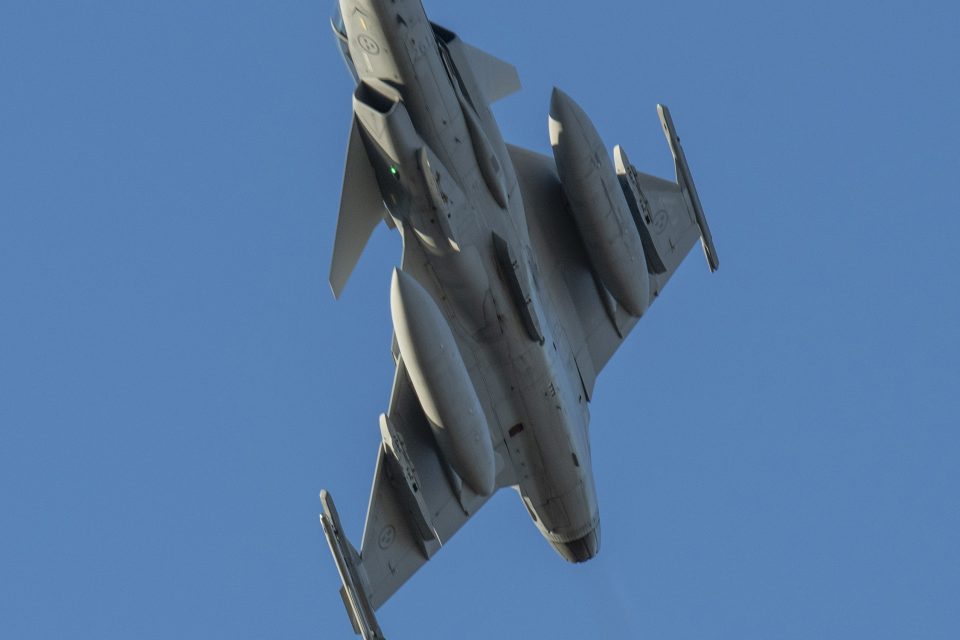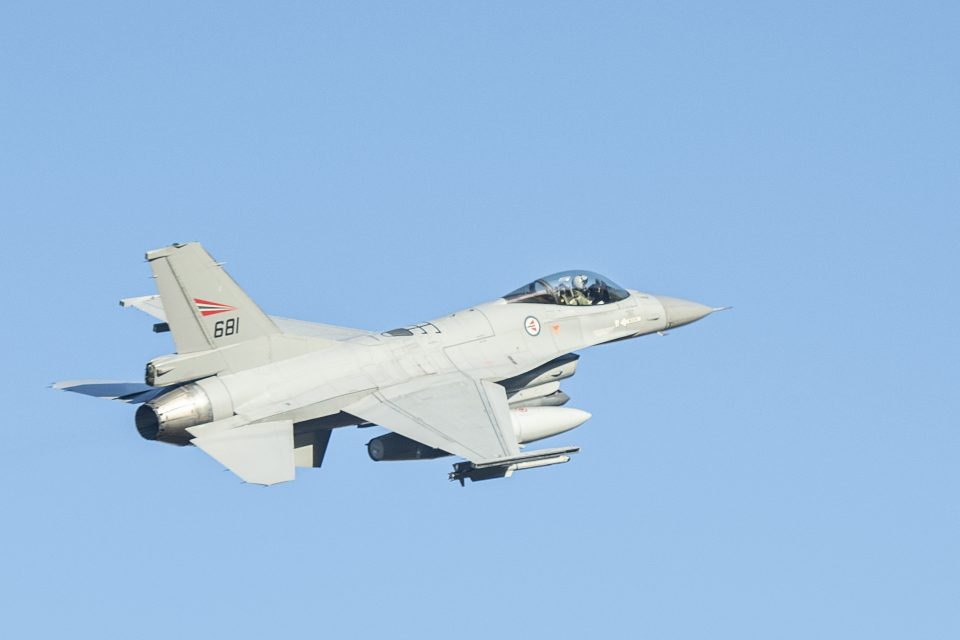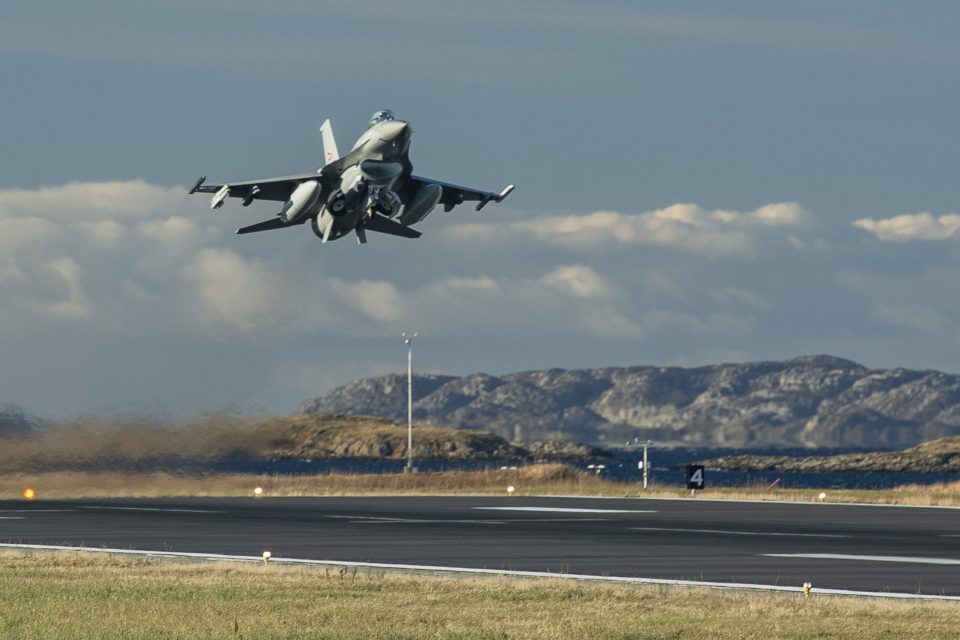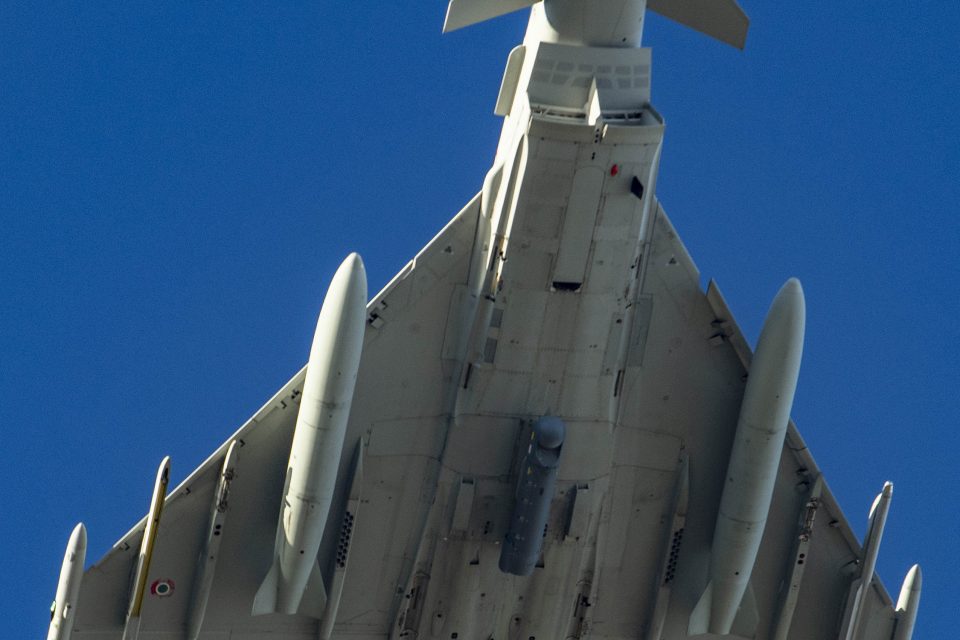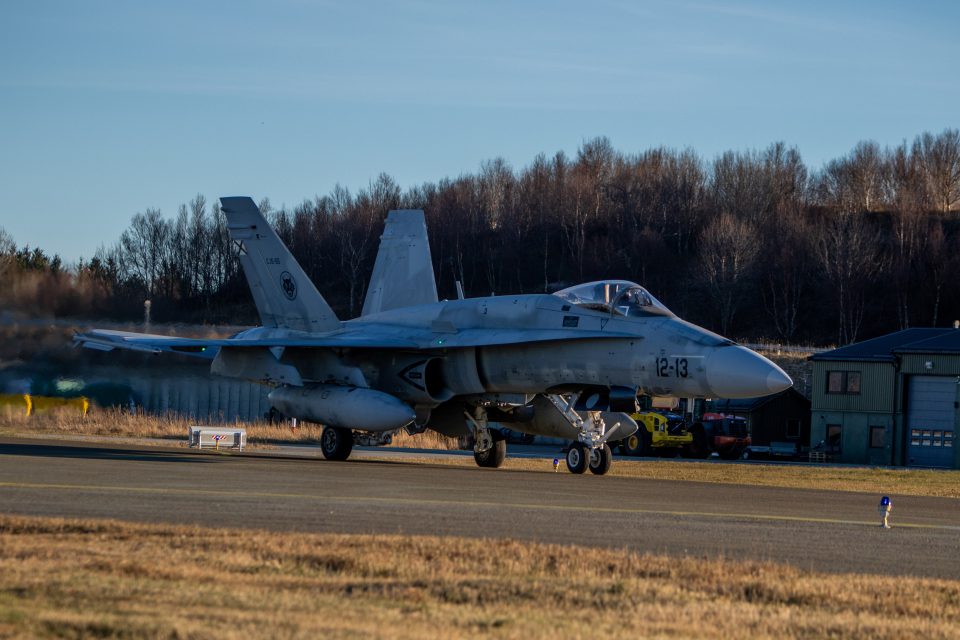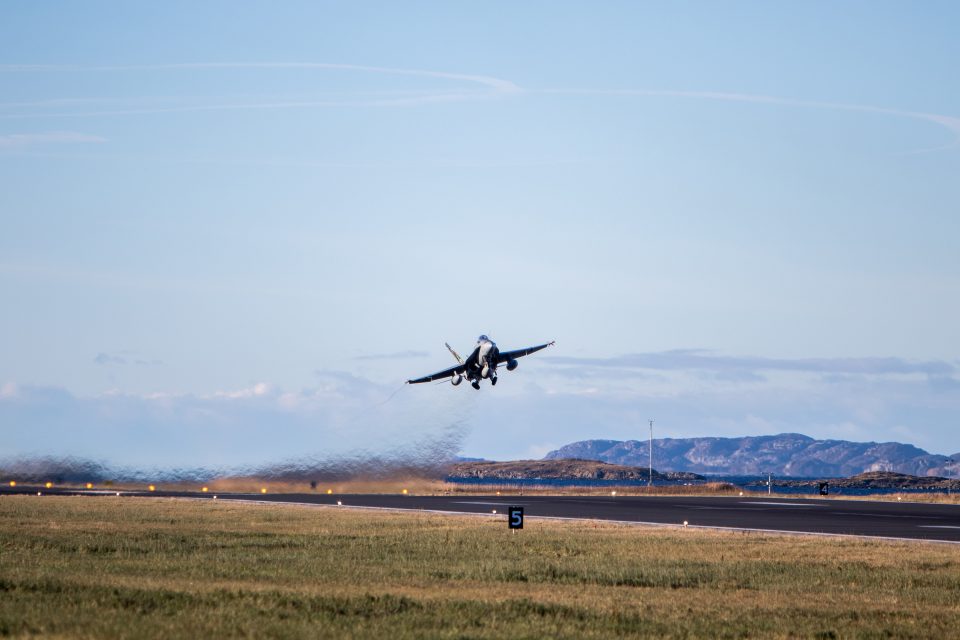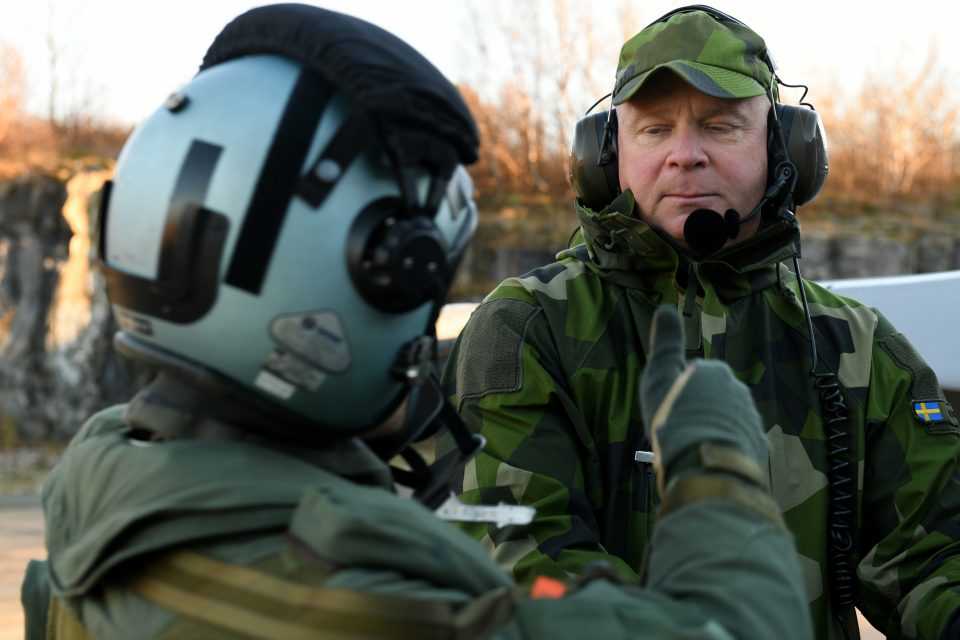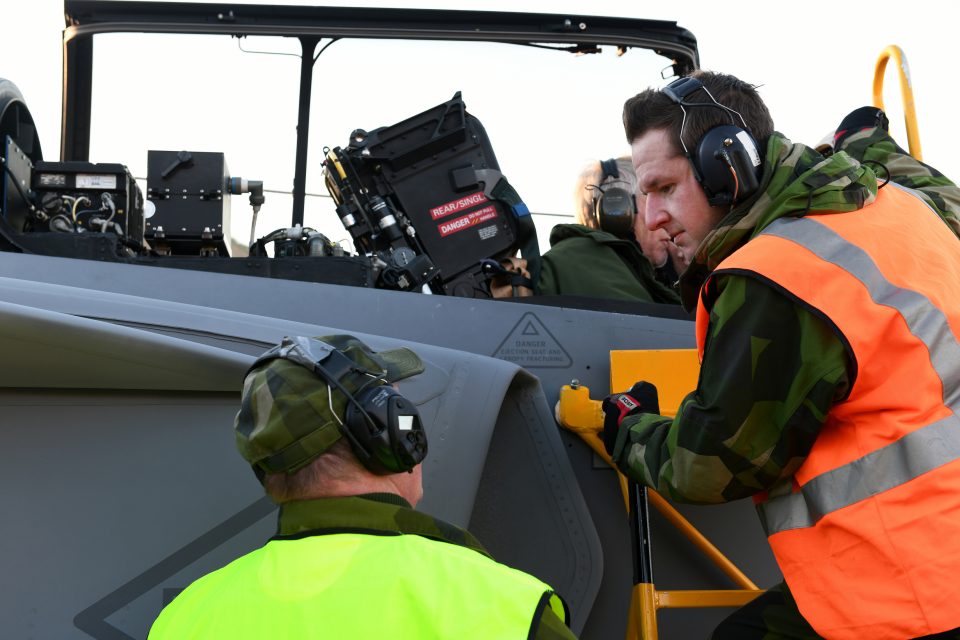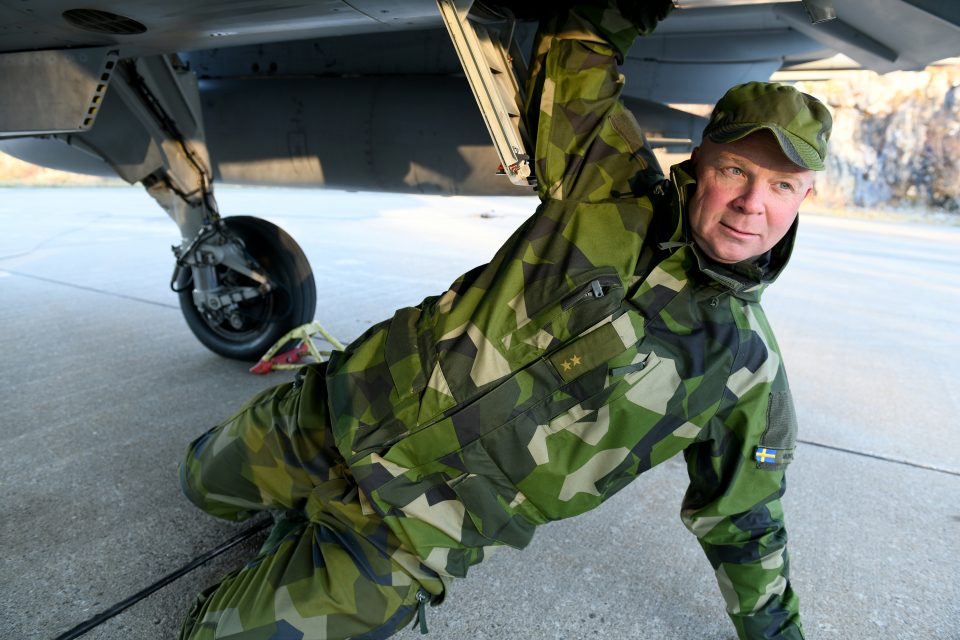By Robbin Laird
Recently, I wrote a review of the outstanding book by Sir Paul Lever which examines Germany’s role in Europe and the challenges facing Germany as it shapes its role ahead.
His argument is straightforward – the European Union reflects the values and interests of Germany and weaves seamlessly into the German approach to economic policy. The founding of the Euro created a key venue for Germany to enforce its core economic approach upon those who entered the Euro zone.
And although the gap between Eurozone and non-Eurozone members is an important one within the European Union, the EU has provided the framework for Germany to find its national identity after having it shattered in the flames of defeat in World War II.
In this piece. I will leverage some of Lever’s analysis to deal with a subject which he discusses but which I would like to expand upon – namely, the impact of defense on the way ahead for Germany.
If we go back in time to the 1980s, the Euromissile crisis formed a significant challenge to Germany, NATO and Europe. President Reagan worked closely with core NATO allies to make the case for responding to what the Soviet leadership was doing with regard to nuclear weapons and to deploy a new system of our own.
The Soviet leadership worked hard to undercut the NATO position and forcefully to challenge the European leaders supporting the effort, notably, Thatcher, Mitterrand and Kohl.
Through close collaboration between Washington and Europe, this Soviet effort was defeated and became a prologue to the end of the Cold War.
As we began to contemplate how German unification might become possible in our working group established in 1985, it was clear that we needed to insist on Eastern Germany becoming part of the West German institutional mesh, notably NATO and the EU.
Certainly, the existence and functioning of the EU was a key institution within which East Germany could be folded into as part of a bargain with the Soviet leadership.
Looking back at the period of the early formation and functioning of West Germany, Lever made a key point that both NATO and the EU were crucial to laying the foundation within which West Germany could exist and operate.
He argued that NATO become a means to an end, namely, the physical protection of West Germany, but the EU was a central building block for shaping what would become the post-World War II German identity.
As such, the German political elite, across the political spectrum, strongly supported the European Union.
With the agreement with regard to German unification, the West Germans faced an immerse task to rebuild East Germany and forge a new Germany.
Frankly, the achievement which the Germans have put together is clearly significant.
Certainly, having a European framework within which to do this has been a significant part of the process and effort.
But Lever noted that Germany is the leader of Europe but has preserved its cultural identity. This is true in terms of language, how the Landers operate. And how German business operates with the unions in Germany itself.
Lever makes the point frequently in the book, that the German domestic economy operates in unique ways, not replicated elsewhere in Europe and that German business leaders have not followed those practices in other European states or globally. They have has well resisted incursions by other European firms into Germany itself where German rules would be in any way put aside.
As Germany was being built again, or East Germany, rebuilt, the Soviet Union had collapsed and the Russians weakened considerably. With the rise of China, and Germany becoming a significant trade partner with China, global trade and relative peace and stability in the two decades after unification have allowed Germany to focus on its core efforts, namely, economic growth and strengthening the European Union in the German image.
But with the resurgence of Russia, the seizure of Crimea, Russian engagement in Syria in a way that has led in part to the outpouring of refugees to Europe, Germany has needed to reexamine the Russian challenge to Europe.
But to date this reexamination has relied on the tools built by the German-shaped EU rules, so that it is primarily in terms of sanctions and common diplomatic positions taken by the EU which have been the preferred response.
As Lever noted in his book, the idea of forcibly enforcing international norms is not part of the current German political culture but what if that is exactly what Europe will need to do to protect its core interests?
This may well need to happen with regard to China as well. Germany is seeing the Chinese after having been trading partners in acquiring German heavy industrial machinery, now adopting the technology, and exporting to Germany’s traditional markets.
And Chinese economic dealings in Europe and cyber intrusions are part of the new security and defense environment as well facing a Germany which is finding its central approach to economic growth — trade — directly challenged by the Chinese, following their own set of rules as well.
Additionally, if Germany is directly threatened by Russian nuclear modernization, notably a lowering of the nuclear threshold, by pressures on Poland, the Baltics and Northern Europe, along with Russian actions in the Middle East and the Mediterranean, what actions might Germany need to take and who are the coalition partners likely to do something to forcibly enforce the values which Germany holds?
The Russian challenge coupled with the dynamics of change in the coalitions of which Germany is a part are not reinforcing a relatively laissez faire defense policy.
At the same time, the challenge is to rethink direct defense in terms of the threats, and the efforts of SPECIFIC coalition partners with whom Germany expects to work in a crisis.
The good thing about coalitions is that they provide a nation with enhanced impact when the coalition acts together, such as in the first Gulf War.
The problem with coalitions is that they are slow to act, and if improperly built, the lowest common denominator blocks effective action and it is crisis management and ability to act effectively and rapidly which will increasingly be required to deal with Russia, among other authoritarian states.
Germany has not been built to take defense and security decisions. Whereas with regard to the EU, Lever has forcefully made the case that German makes decisions and sets agendas, none of this proactive approach is seen in defense and security.
But given the Russian challenge and the changing nature of the coalition which is NATO, Germany faces the need to change, or simply, not effectively defend itself in times of crisis.
Not liking President Trump is not a policy; reversing the decline in defense spending without a clear defense policy which defines what tools GERMANY needs to work with those coalition partners willing to act in their defense is not enough; and hoping the nuclear challenge simply goes away as the last German nuclear capable aircraft flies into retirement is simply a wish and not a policy.
And facing Germany are dramatic changes in the NATO coalition.
First, the United States with or without Trump faces a roust global competitor – China. Russia is a problem, but not at the same level of China.
Russia is a weak economic power, with pockets of military modernization within an overall relatively manageable competition.
The Russians do pose the nuclear question forcefully and have certainly ended the American Obama myopia on nuclear weapons. The notable quote from Secretary Kerry that the Russians were thinking in 19th Century terms with their policies in Europe, said more about the Obama legacy and myopia than it did about the realities of geopolitics today.
The United States will rely increasingly on its ability to enhance coalition capabilities in times of crisis, and the current growth of the F-35 enterprise within Europe is a key element o suggesting how the United States will operate to confront the Russians with direct military power in a crisis.
The US will work most centrally with those modernizing their defense forces in ways that allow the US to act decisively and rapidly.
The question of basing will be significantly be reworked as the US looks to an air-maritime foundation for engagement in Europe in terms of crisis.
Second, the Nordics are the most active coalition partners of Germany and they are focused significantly on direct defense as a core issue and seeing a combination of defense modernization and social mobilization as necessary to deal with the new Russia.
What is common between Germany and the Nordics in meeting the direct defense challenge?
Third, there are two significant military powers in Europe, Britain and France.
With Brexit, the Brits will focus more on the Northern Flank than on continental defense and the French will rely on their nuclear force to provide for direct defense.
This puts Germany in the cross hairs – what exactly constitute direct defense of Germany that is focused on Poland, Central Europe and Ukraine?
What mix of forces would most useful here?
Again, this not a question of simply increasing defense spending; it is a question of spending it on what and with whom to work to provide for enhanced direct defense?
Fourth, there is the threat from Southern Flank, whereby Turkey is as much of a threat as it is an ally.
And the dynamics of the Euro may well force Greece out, opening an opportunity with regard to Russia. Spain is economically weak and increasingly divided, and Italy is undergoing significant social, economic and political change and are part of the F-35 coalition as well.
What specific political-military actions by Germany would reinforce these player in the coalition?
In short, as NATO diversifies, working with each major cluster within NATO will be increasingly significant.
Simply using Article V as some sort of incantation will not take away from a core reality – NATO is disaggregating, not collapsing.
And for Germany this will be a major problem for its defense policy has rested on support for the US leading an integrated alliance.
Neither the US nor the coalition partners of Germany are playing their appropriate roles to sustain the current German defense approach.
The featured photo show a German Air Force Panavia Tornado aircraft taking off over Bodo, Norway on October 26, 2018 during Exercise TRIDENT JUNCTURE 2018.
Image by: Corporal Bryan Carter, 4 Wing Imaging
The slideshow highlights allied airpower at the Trident Juncture 2018 exercise.


